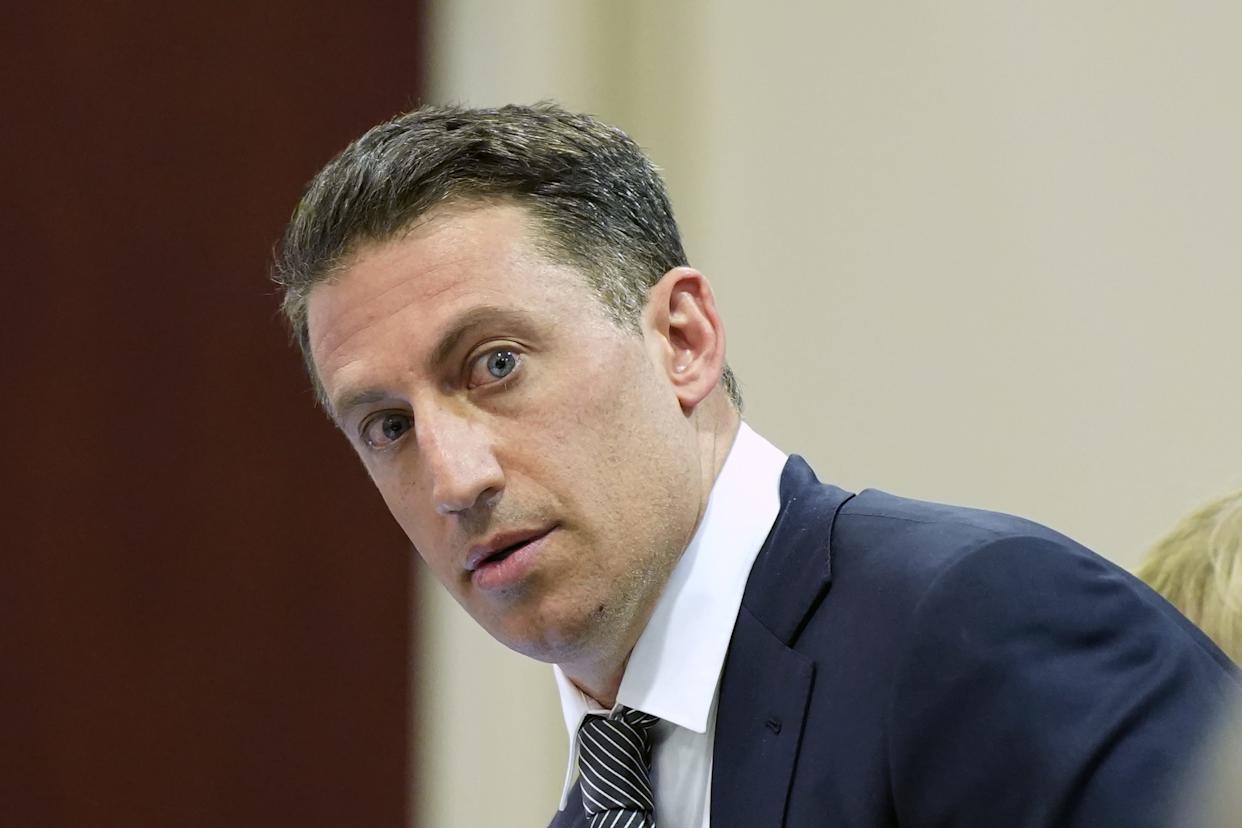Colombian former President Álvaro Uribe has been sentenced to 12 years of house arrest for witness tampering and a fraud charge, becoming the first former leader in the nation's history to be convicted of a crime. The 73-year-old politician has also been barred from holding public office and fined $578,000 (£435,000).
Uribe maintains his innocence, stating he will appeal the conviction and claims the case is an attack aimed at “destroying a voice for the democratic opposition.” He served as president from 2002 to 2010 and has retained significant support in Colombia, despite allegations of collusion with right-wing paramilitaries to crush leftist guerrilla groups, an assertion he vehemently denies.
Outside the court in Bogotá, a small group of Uribe supporters gathered, expressing their allegiance to the former president. The charges stem from a lengthy witness-tampering investigation lasting approximately 13 years. Testimonies from two imprisoned ex-paramilitaries revealed that Uribe's former lawyer, Diego Cadena, allegedly offered them money to provide favorable testimony about Uribe. Cadena has denied the allegations and testified on behalf of Uribe alongside several other ex-paramilitaries.
In the wake of the ruling, U.S. Secretary of State Marco Rubio criticized the conviction, suggesting that Colombia’s judiciary has been manipulated against Uribe. He remarked that the former president’s only transgression was his relentless fight for his country.
Emerging in the 1980s, paramilitary groups in Colombia aimed to address poverty and marginalization while combating Marxist guerrilla factions. These groups often became involved in cocaine trafficking, leading to violent clashes over resources and influence. Uribe’s hardline strategies against left-wing Farc rebels earned him praise from the U.S., yet he remains a polarizing figure, with detractors arguing he largely ignored pressing issues related to poverty and inequality.
The peace agreement signed by Farc and Uribe's successor in 2016 provides a backdrop to the ongoing violence that continues despite disarmament efforts, illustrating the complex and tumultuous landscape of Colombia's political sphere.
















